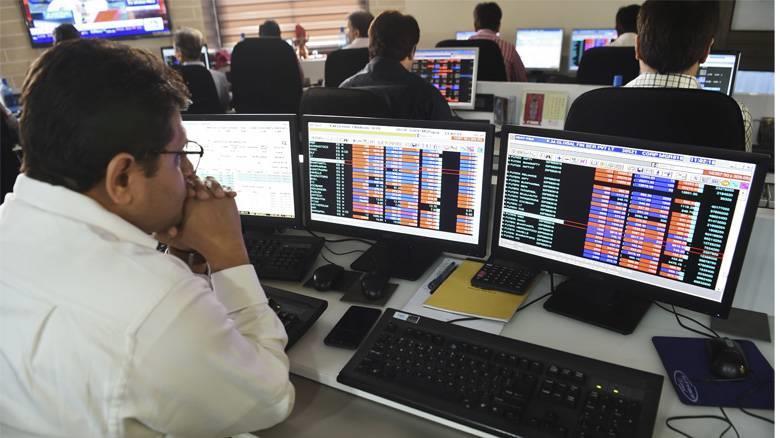
Indian stocks boost hopes
The Indian stock market community seems to be very optimistic of the forthcoming budget (2020-21) and this was much evident as the Bombay Stock Exchange (BSE) has stated in its circular that domestic stock markets will remain open for trading on Saturday, February 1, the day Finance Minister Nirmala Sitharaman will present the Union Budget in Parliament.
According to a circular by stock exchange BSE, trading will be conducted during normal opening hours - from 9 am to 3:30 pm - on February 1, 2020. The last such instance was in the year 2015, when then finance minister Arun Jaitley presented the budget on a Saturday.
Since the last Union Budget, which was presented in July 2019, the S & P BSE Sensex has risen 4.06 per cent and the Nifty 50 index advanced 2.32 per cent so far. It may be noted that despite the Asian market being hit hard on Thursday, Indian stocks closed high. The Sensex closed 271 points higher after three consecutive days of decline, primarily owing to the fall in oil prices.
Sensex closed 271 points higher at 41,386.40 while the Nifty closed at 12,179.90, up by 73 points. All the sectors ended in green except the media index. Realty sectors stocks were the biggest gainers, followed by banks and auto sector stocks.
However the tides are expected to turn bullish in second quarter of 2020. And what are the reasons attributed to this optimism? "The Indian markets are likely to consolidate in the current year and we expect that there will be a decent returns to investors across the broad spectrum of equity indices (viz. large cap, mid and small cap)," said Krishnan Ramachandran, CEO, Barjeel Geojit Securities.
Ramachandran adds: "With proactive and timely policy interventions by the government and RBI we can hope for positive demand trends to appear in 2020 and hence one should begin to allocate funds into the Indian equity markets with a 3-5 year perspective. Further, with the backdrop of the prevailing low interest rate regime in the developed economies, we can expect more capital flows to the emerging markets including India. NRI's investments in Indian Mutual Funds aggregate to about ?7,78.50 billion representing 3.60 per cent of the total net mutual fund assets of ?21,360.40 billion (2017-18).
Lakshmi Iyer, CIO - debt & head - products, Kotak Asset Management Limited, said: "The trend in 2020 to date has been quite encouraging. In current year 2019, foreigon portfolio investors (FPIs) pumped in ?1.12 trillion, which is the second highest in the past seven years. Domestic investors in Inida continue to have faith in India story which is reflected in the high SIP (systematic investment plan ) numbers of over ?8,500 crore
We are well placed globally as most economies are suggesting a slow down, while India still continues to be among the faster growing nations in the world. It is important to see a resumption of growth as we expect the flow momentum continue into 2020 as well."
Iyer added: "Annual budget wish list is always ready and as always with loads of optimism. The key to monitor this time around is how much if fiscal leeway the government would like to exercise - as that would have an impact on the overall growth dynamics. The wish would be to see a more measured pace in using the fiscal leeway as growth may need to take priority over fiscal prudence. The other key wish is to see more of capital expenditure as that helps pump prime economy over focus on revenue expenditure."
Similarly, S Naren, ED & CIO, ICICI Prudential AMC, said: "We are positive on both asset classes and believe that 2020 could be the year when the performance of Indian equity markets would get broad based versus the narrow rally seen over the last two years. We expect India to outperform most Emerging Markets in 2020 on the back of improving GDP growth, better transmission of rate cuts and pick up in corporate earnings. Indian fixed income is an attractive carry opportunity within Investment Grade bonds as credit concerns abate, currency remains range bound and rates remain relatively high compared to most other emerging markets."
-

Legal Disclaimer:
MENAFN provides the
information “as is” without warranty of any kind. We do not accept
any responsibility or liability for the accuracy, content, images,
videos, licenses, completeness, legality, or reliability of the information
contained in this article. If you have any complaints or copyright
issues related to this article, kindly contact the provider above.


















Comments
No comment